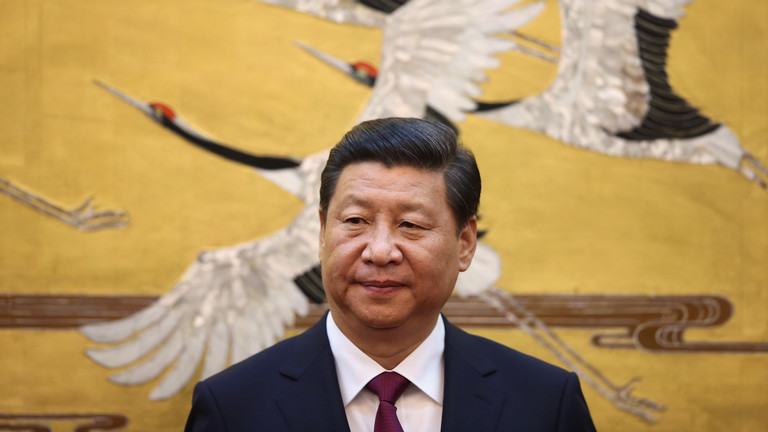China’s Xi is right, the world is currently undergoing changes not seen for a century

By FYODOR LUKYANOV
It’s time to buckle up, because the post-WW2 and Cold War systems no longer suit the global order
Humanity has been gripped by a frenzy. The political and military crisis in Europe has captured everyone’s attention, but in global terms it’s only part of a larger picture. The tensions over Ukraine, and even the wider conflict concerning post-Cold War European security, are elements (but not the core reasons) behind a major shift.

When Chinese President Xi Jinping parted company with Russian President Vladimir Putin last week, it was no coincidence that he remarked that the changes now taking place are the biggest in a century. A hundred years ago, the old world was fast disappearing. Empires were crumbling, the structure of societies was changing, and old ideologies were being radicalized in an attempt to meet people’s needs or point them in the right direction. Two World Wars, a global economic crisis, the resurgence of all sorts of local conflicts, and social experiments – that were generally very costly for the people – were all signs of the very changes the Chinese leader was recalling. No one wants to go through that again. Still, there is hope that certain constraints have emerged in recent decades that will prevent extremes – from nuclear weapons to the ability to respond more flexibly to socio-economic upheavals.
In recent days, the news has seemed to confirm the seriousness of the tensions. Germany saw its biggest strike for decades, with transport workers protesting against worsening conditions. France is on fire after the government decided to raise the retirement age, bypassing a parliamentary vote as the reform failed to win a majority. In Israel, a violent confrontation has erupted over the cabinet’s intention to curb the powers of the judiciary, which its opponents see as a coup attempt.
It is clear that each of these events has its own circumstances and that there is no direct link between them. What they have in common is that they are all manifestations of a painful socio-political transformation.
The second half of the twentieth century and the beginning of the twenty-first have been very comfortable times for the world as a whole. In terms of the overall geopolitical arrangement, we saw first a rather strong balance based on bipolar confrontation, then a relatively stable hegemony. But there has also been progress in the social and economic senses.
Many positive changes took place after the Second World War. The welfare state model spread across most of Europe, and even the United States, with its more modest traditions in this sphere, made great strides. Similar changes also took place on the other side of the Iron Curtain, with a focus on improving living standards and consumer diversity added to the traditional priorities of defence. In the Third World, as colonial possessions were disappearing there was an enthusiasm for freedom and a belief in the future. Even if many of the new states carried little heft.
The end of the Cold War brought with it new expectations. The ‘free world’ enjoyed a ‘peace dividend’ (reduced military spending) and the opportunity to extend its economic expansion into previously closed areas. The former socialist countries took advantage of the opening up in every way they could and – at least for individuals – there were more opportunities than before. This was often to the detriment of state capacity, but it was believed that this was the general trend – the individual was more important. Eventually, the former Third World tried to take advantage of both. Many countries in Asia, for example, have benefited greatly from globalization. Meanwhile, a lot of people from states which have underachieved have chosen to move to wealthier locations.
Both periods had one thing in common – a widespread feeling that tomorrow would be better than yesterday. However, now, just like that, it’s over.
At present, it’s commonplace to accuse political elites of unprofessionalism and bad governance. Without making excuses for individual politicians, the current generation – which grew up in these very favourable conditions – has had to deal with shifts of a tectonic nature.
The exhaustion of the previous financial model of the capitalist economy, the communications revolution (one of the main results of which is the mental divide between the mature and the young), technological change with inevitable consequences for the labour market, an ageing population in the developed countries, and a rejuvenation in previously troubled states is creating a completely different international environment. Moreover, the interconnectedness of the planet does not allow anyone to isolate themselves from the general instability, which spills over national borders in various forms. Moreover, as was the case a century ago, the growth of socio-political activism among the masses is leading to the radicalization of political groups. And with traditional parties and ideologies in deep crisis, radicalization can take quite archaic forms.
We will take our cue from Xi, who sees the changes taking place as a sign of necessary renewal. And we will manage the costs somehow.








